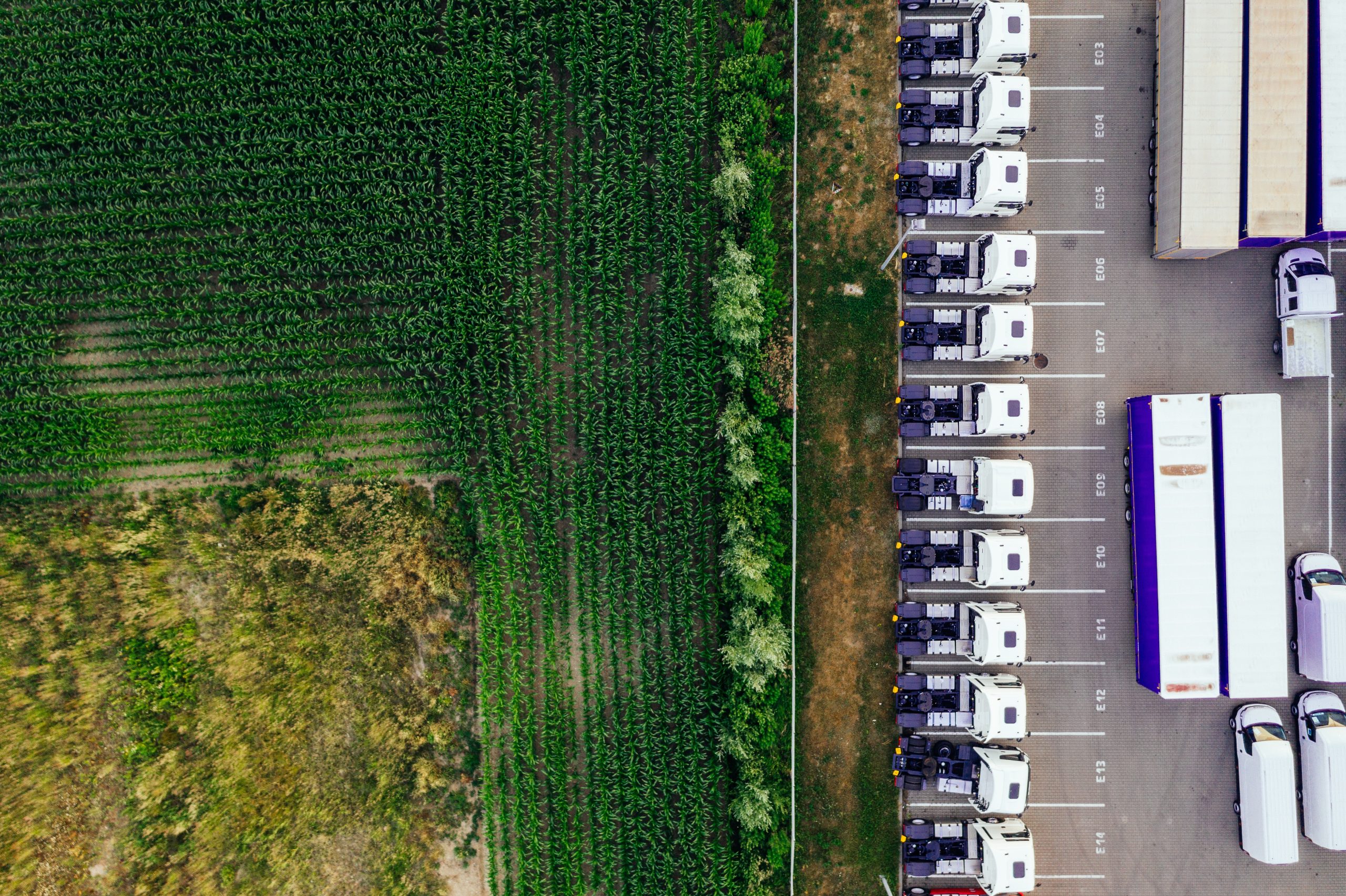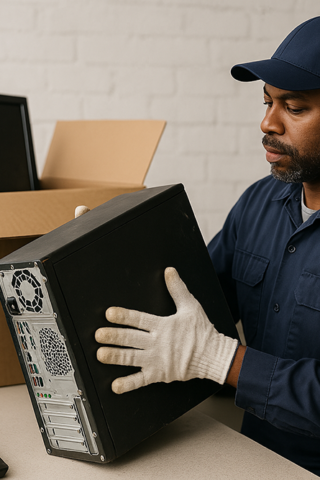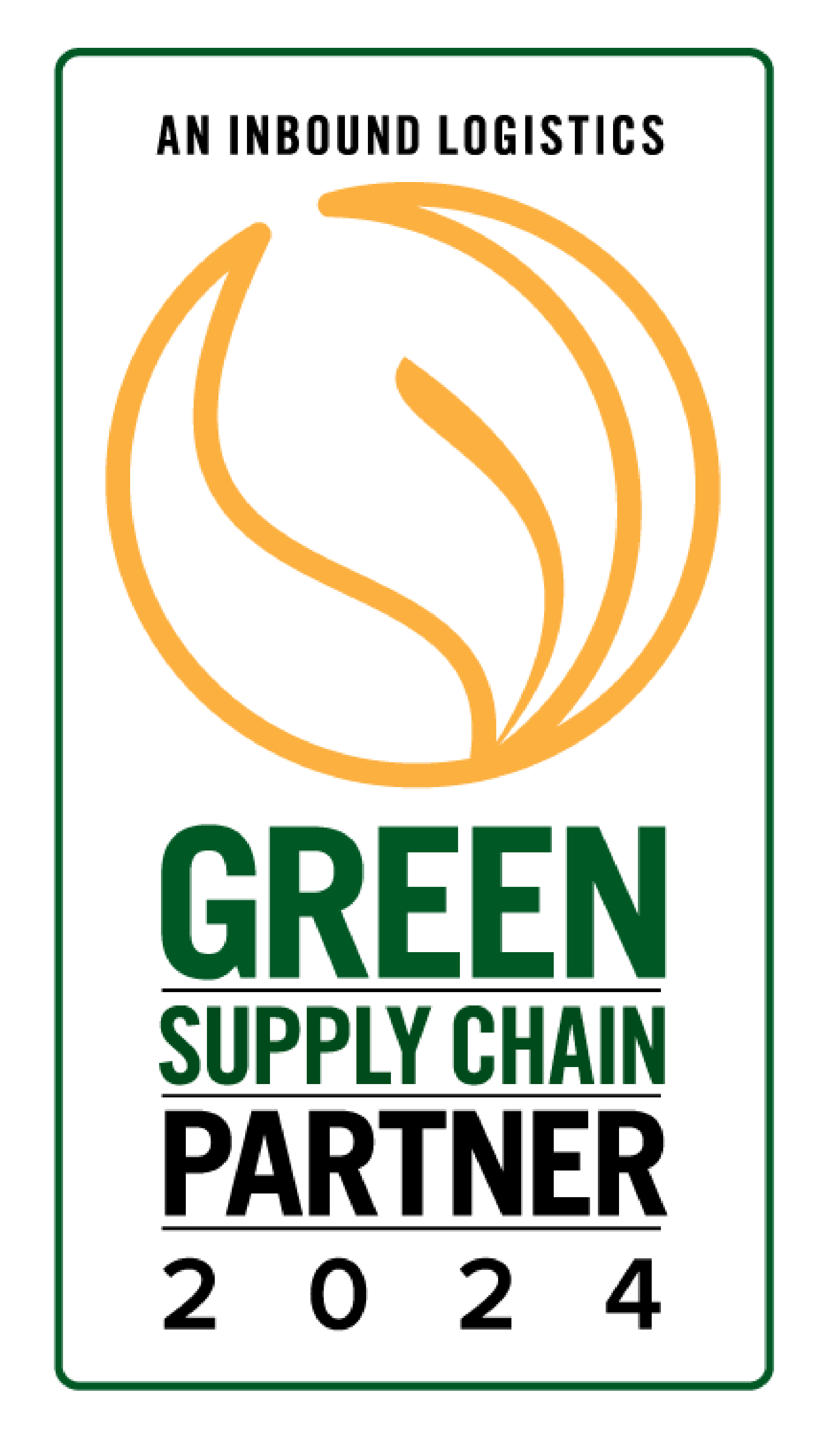By Andrea Obston, CLDA Director of Public Relations, September 2022, CLDA.org
Expect an emphasis on sustainability to gain even more traction among shippers in 2023. Driven by cost savings, consumer pressure and brand reputation, shippers will look to every part of their supply chain, including their last-mile providers, to prove they take these practices seriously. Those that can demonstrate sustainability practices in business will win. Those that do not, should expect shippers to look for other ways to build their supply chains without them.
Those were among the 2023 predictions from Shawn Stockman, VP of Sustainability Solutions at Onepak. Onepak provides sustainability solutions through tech-enabled tools that help those in the supply chain create accountable chains of custody and efficiency.
Stockman, an active committee member of the CLDA, shared his predictions on the escalating role of “green” initiatives in the decision-making process among shippers. He expects the impact of these issues to grow significantly in 2023.
CLDA Mag: What are the issues surrounding sustainability that apply to members of the logistics sector?
Stockman: According to the EPA, the transportation sector in the US accounts for 27% of greenhouse gas emissions. So, a lot of attention has focused on emissions from vehicles used to deliver goods in the final-mile. This will continue to be the case for at least a decade, as the transition away from fossil fuel-based operations will be a long and arduous journey.
But there’s a lot more those in the last-mile sector can do to manage the carbon footprint of their operations. This might include the use of alternative energy sources for warehouses, installing lower carbon HVAC systems or LED lighting, and even reducing business travel. It all adds up. Even attempting to get a handle on the company’s environmental impact can be a useful distinction for a last-mile provider.
CLDA Mag: Why will these issues gain importance in 2023?
Stockman: As large brands and ecommerce companies come under increased scrutiny from investors and consumers, the pressure to show progress in reducing the carbon footprint of their supply chains will only increase. A recent Forbes article points out that “highly empowered consumers” are increasingly making buying decisions with sustainability in mind. In fact, 68% of this group plan to step up their efforts to identify brands that reduce environmental impact. If these brands are including sustainability measures in how they choose their final-mile partners, courier and delivery companies will soon need to document or defend their carbon management practices to win or retain ecommerce clients.
CLDA Mag: Talk about the importance of these issues to shippers.
Stockman: A recent headline on the website Freightwaves.com gives us a peek at the importance of this issue: “Pepsi recognizes Schneider’s sustainability efforts.” Schneider is a truckload company with stated goals to reduce per-mile CO2 emissions by 60% and to “reach carbon neutrality for company-owned facilities by 2035.” PepsiCo has a goal to get to net-zero emissions by 2040. So, of course, Pepsi is going to choose partners who will help them get there.
It’s no different for any major company using final-mile providers. Public companies need to satisfy their shareholders that they are making changes towards a more sustainable future or risk being accused of “greenwashing” (i.e., marketing themselves as environmentally conscious but not making real sustainability efforts).
Ecommerce companies need to convince consumers that they are taking measurable steps to address their emissions. The 2022 Retail and Sustainability Survey from global business applications firm CGS found that nearly half of respondents (42%) indicated they prefer sustainability over expedited shipping. Respondents said they would choose to wait longer to receive goods from online suppliers if they were delivered more sustainably.
CLDA Mag: What changes will be most important for last-mile providers to make when it comes to these issues?
Stockman: The low-hanging fruit for change are improved routing efficiencies and the use of lower carbon vehicles like hybrids and electric vehicles. Routing and dispatch software can also play a major role in tightening efficiencies.
But there are plenty of other sustainability issues to work on. Consider installing LED lighting in your facilities and pairing that with motion sensors and timers so lights only shine when needed. Ask your utility company about clean energy sources for your electricity. Almost every major utility company has teamed up with a renewable energy provider.
CLDA Mag: Why will these issues have increased importance in 2023?
Stockman: Because the generations that are about to be the decision makers – Millennials and Gen Zers – value sustainability. Most Millennials (59%) and Gen Zers (60%) support a national/global law mandating sustainable practices (contrast that with only 37% of Baby Boomers who support such a law). As the buying power of these younger consumers increases (and the Baby Boomer buyer power wanes) you can expect sustainability to play a larger role in purchasing decisions. In addition, as companies struggle to find employees and contractors, they can expect these younger workers to check companies’ sustainability track records.
CLDA Mag: What advice do you have for couriers who are unconvinced about importance of sustainability issues in their day-to-day business practices today?
Stockman: If you don’t believe that sustainability matters, ask your customers. Ask your employees. Ask your kids, neighbors, or others in the community. Do you want people in these groups to see your company as part of the problem or part of the solution?
I think you’ll find that sustainability is taking many forms in the businesses you frequent. Restaurants are curbing food waste by composting. Many are switching from plastic single-use takeout containers to either reusables or compostables. Try finding a used electric car or even a hybrid. The demand is strong. Community gardens are springing up. Contractors are switching to more sustainable sources. The demand for heat pumps is through the roof as organizations like Rewiring America gain traction in spreading the word about “electrifying everything”.
CLDA Mag: Let’s suppose you’ve raised the importance of these issues with someone reading this article and they want to take the first steps. Where should they start?
Stockman: Sustainability is largely about energy use and waste. First, take stock of your situation in terms of facilities, vehicles, and processes. Look for opportunities to reduce energy use or switch to lower carbon alternatives. Consider your production and treatment of waste. For example, if you deliver furniture that comes in large cardboard packaging, can you start separating plastics and finding recycling options for the rest of the packaging? Sometimes a little extra effort can redirect a big flow of waste. For your facilities, find local or state agencies that can help you do an energy audit. Consider hiring a firm that specializes in this. Companies like Apollo Energies will identify and certify tax credits and incentives available to companies that help them make carbon-reducing improvements or receive tax breaks for installing them.
Finally, remember that you can’t manage what you can’t measure. Think about signing up with a carbon footprint management platform like Greenfeet that has calculators for most types of emissions, including remote workers and business travel, to help you do just that. There are lots of other tools like that to get you started.
CLDA Mag: Leave us with some parting thoughts about these issues.
Stockman: Sustainability is part of a broader shift in the way businesses are being evaluated by customers, investors, employees, and regulators. ESG is what they value. Sustainability is the E in ESG. There’s also the S (social) and the G (governance).
As more attention is shifted toward the impact of everything we do on our environment and on our society, it will be increasingly important to understand each company’s ESG score. That includes the social and governance factors. Do you have policies in place around how your company is run (governance)? What is your impact on your community (social)? Do you have a code of ethics? A policy about diversity, equity, and inclusion? Do you make it clear where you stand on workplace harassment?
Every company, no matter their size, needs to be thinking about the influence of their actions. They need to look for ways to maximize their positive effect on their communities and minimize their negative impact on the environment. That’s important to all of us. Today and tomorrow.








